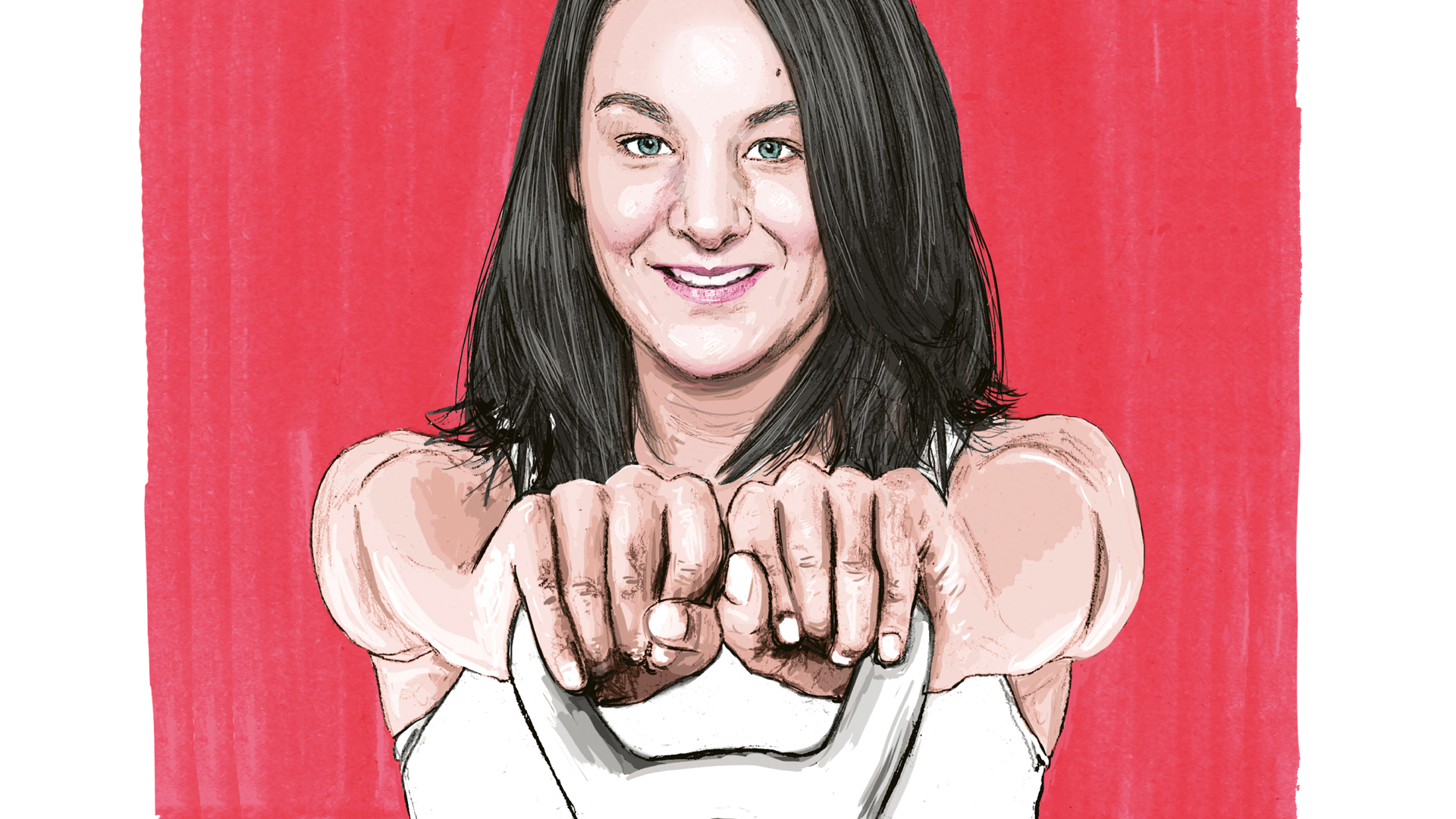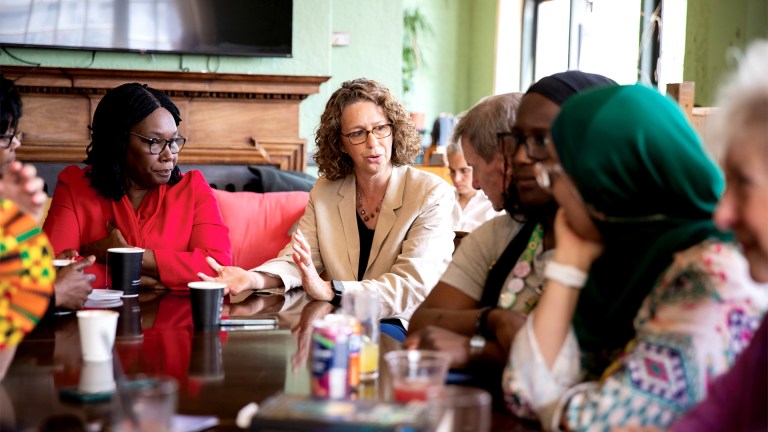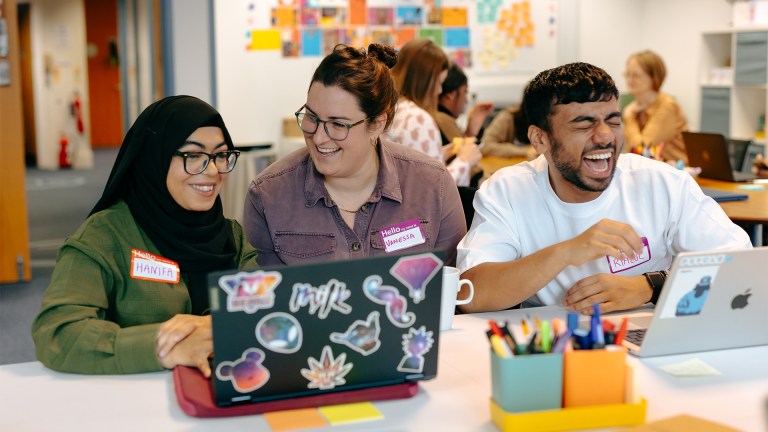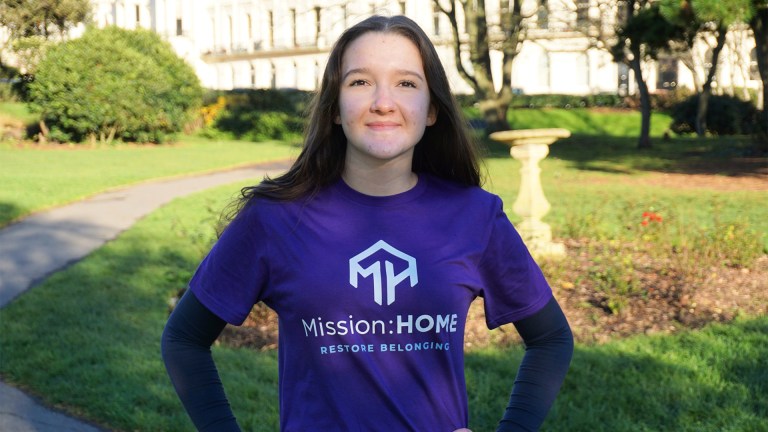Ask people what the heart of their community is and few are likely to say a gym. But for residents of Leith, Edinburgh, Projekt 42 is known for putting their wellbeing first – whether you’re their youngest or oldest member, aged four and 91 respectively. Sara Hawkins saw firsthand what a winning combination of physical exercise and mental health support could do in tough times and was driven to make that accessible to others, regardless of income.
Hawkins was working as an auditor when she was assaulted in 2012, leaving her with debilitating post-traumatic stress disorder and forcing her to quit her job. Struggling to leave her home as a result of severe anxiety, she couldn’t work for two years. At one point friends gifted her a gym membership – “It was something to get me out of the house” – and after a few months she found the goal-setting of personal training was helping her. After months waiting on an NHS list for counselling, she felt forced to fork out for private treatment, and started seeing a life coach. Twelve months of investing in her health proved hugely effective – and costly. Hawkins was back on her feet but around £20,000 lighter.
“Projekt 42 really came out of knowing how expensive it can be to get yourself mentally well again,” Hawkins tells The Big Issue. “I thought we could deliver the course I put myself through in a less piecemeal way and at a more affordable cost.”
That’s what she did. But it wasn’t easy – her funding applications were rejected time and time again by social investors who said the plan didn’t seem sustainable. “There was this perception that community-led mental health service couldn’t work,” Hawkins says. In 2017 she decided to sell her three-bedroom flat to buy gym equipment and found a temporary space in a shopping centre. Crucially she went to the community to ask what they wanted out of a gym. “The response was brilliant,” Hawkins says. “We gave the community an option to pay or ask for a free pass and within the first two weeks we’d had 50 paid members then a few hundred accessing the facilities for free.”
Projekt 42 is now one of the biggest training spaces in Edinburgh with around 7,000 active users. As well as the open training facilities it offers physiotherapy and time with an occupational therapist, plus a lengthy list of classes from yoga to weight training to boxing. Projekt 42 also offers classes exclusively for transgender and non-binary people, cancer rehab, senior fitness classes and a 12-week programme combining personal training, group fitness and cognitive behavioural therapy. Classes start at £1.50 each and memberships cost £30 per month, with around 40 per cent of each fee used to pay for people on low incomes to access the gym for free.
“People using our gym automatically know they’re helping someone else,” Hawkins says. It has resulted in a far more diverse clientele than you might find in a commercial gym. Purchasing a gym membership means automatic access to six free counselling sessions, after which point they’re priced according to income. Some of the mental health workshops include a better sleep programme, sessions for those struggling with menopause and courses for managing anxiety. For every class someone pays for, someone else gets to go for free.









